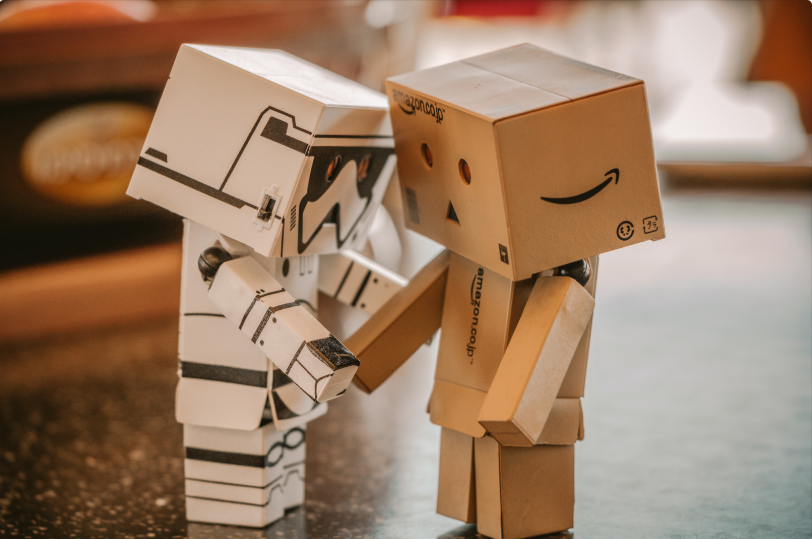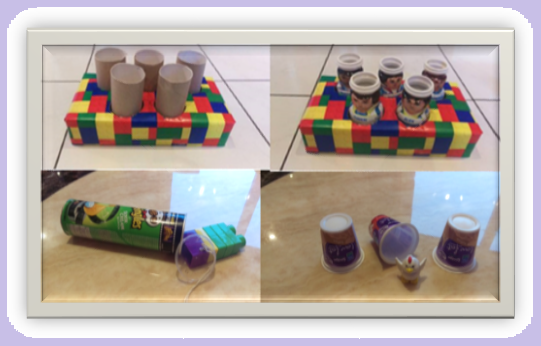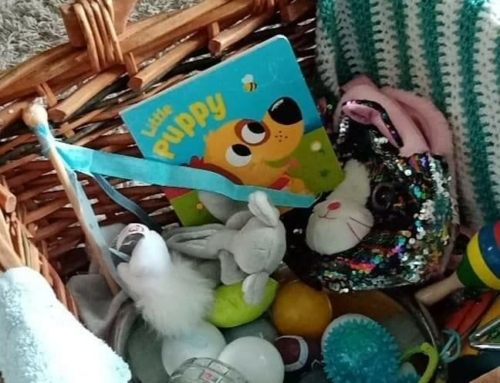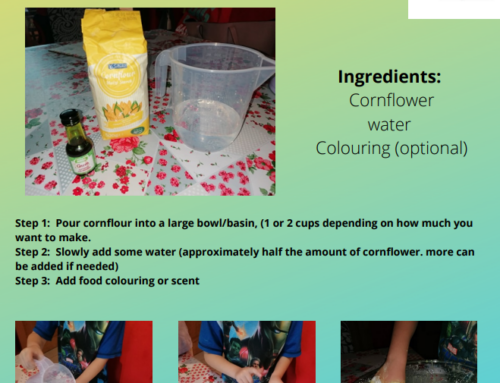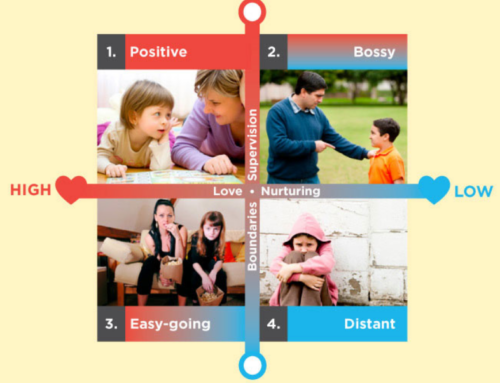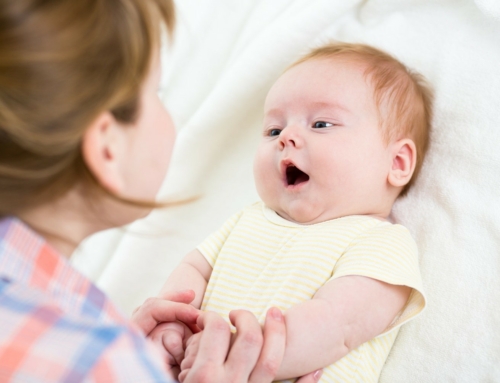Hello, my name is Claire and I joined the Lifestart team in 2015, as a Family Visitor. I work in the Belfast regions and I’m employed to be part of a joint programme with Tinylife. The TinyStart project was set up to support families of preterm babies. We help parents understand development across a number of areas with the aim of their children meeting their milestones over a three year period. Through delivery of the Growing Child Programme I help parents understand what their babies are capable of as they grow and develop physically, emotionally, intellectually and socially.
We personalise The Growing Child Programme to each parent and child. And we provide parents with resources, books and ideas to use each month that will help in their child’s development. Our programme encourages parents to use everyday objects and situations as learning opportunities for their babies. Given the current situation and all this time our children (and you) will be spending at home over the coming weeks, I thought it might be good to look at the use of household objects for play! There is so much stuff in our homes that will help you with interactive play and learning time for your little ones. Not only do children really enjoy activities and resources outside of your ‘typical’ toys but this is a really cheap way to support children in their learning and of course their development.
- The humble paper bag is a fun way to introduce the concept of object permanence (issue 9) which is an ongoing learning process highlighted often throughout the Growing Child Programme. What you are trying to do is help your child understand how things still exist even though they can’t see, hear or feel them. Peek-a-boo always brings a smile to my face when I remember playing this with my children.
- Use empty yoghurt pots as building blocks – perfect for building up and knocking down. Or if a little older make a train, make little characters or even better make flour castles, kids just love to mess! In the world of child development we refer to these as motor skills games, which simply means you are helping your child develop the skills to do things and understand the world around them (issue 20). You know that old saying ‘practice makes perfect’, lots of play like this is helping your child develop their motor skills.
- Simple Pegboards can be easily made from tissue boxes and empty drink cartons for examples see my photos – so easy (issue 14). Here your baby will learn to both remove and replace the cartons with greater success. Many toys made by toy companies for this purpose can be difficult to master and your little one may just give up because it is not fun for them.
Our Growing Child Programme offers so much information on how to help children achieve their developmental and learning outcomes using every-day items in your own home. Thanks for reading and stay safe over the coming weeks, Claire x.


